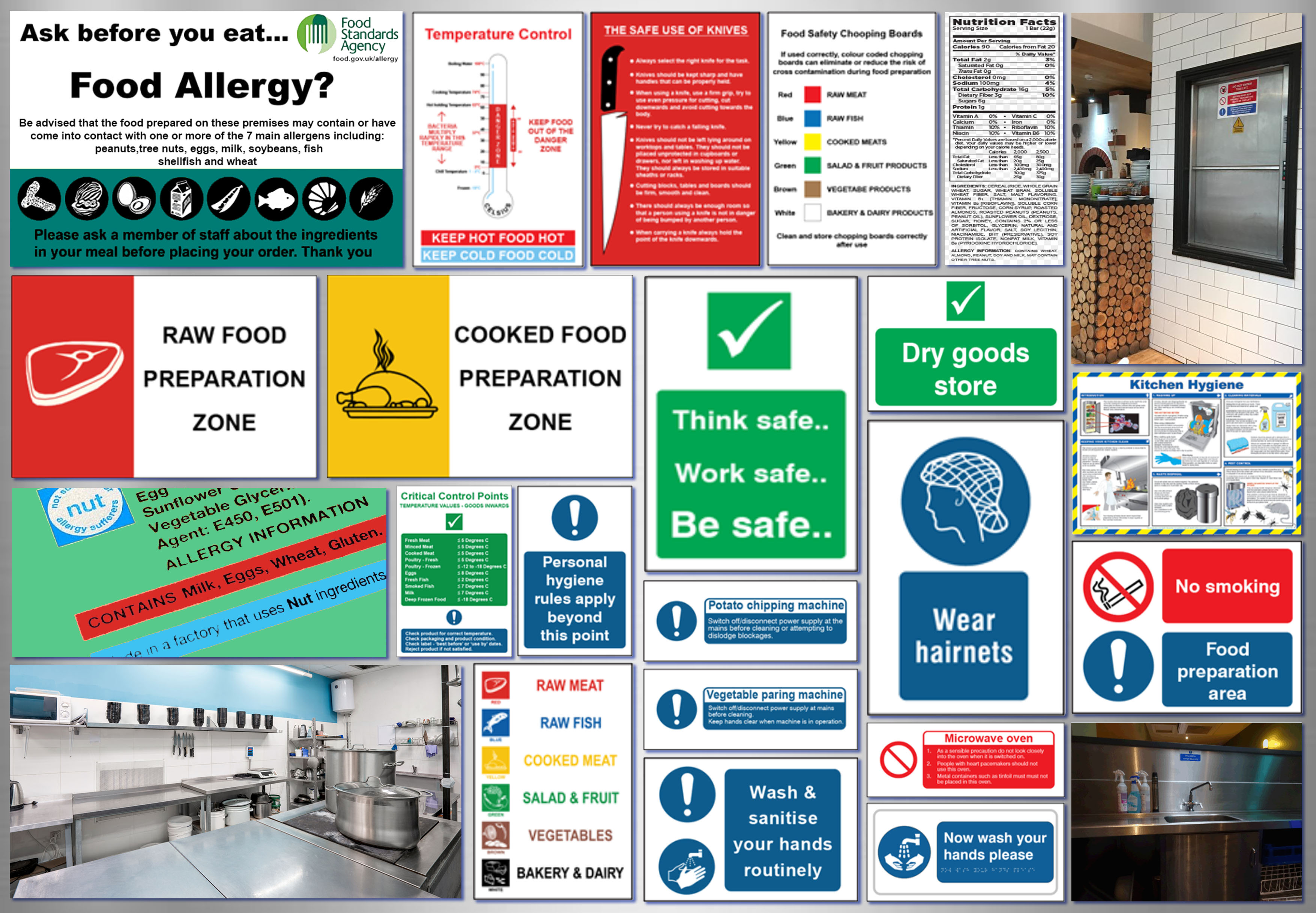
Food labelling is an undervalued facet of safety. Every day, millions of people across the globe rely on food labels to communicate essential information. From nutrition to allergens, food label safety keeps people informed.
However, in recent years, food label lawsuits have become more common. Why is this? Are food labels getting worse? Has the law changed?
Below, we discuss how and why more businesses are being sued over food while discussing what the practice is, the law around it and the importance of food labelling.
What is Food Labelling?
According to the UK government, all pre-packaged food must “require a food label that displays certain mandatory information”. So, what is this “mandatory information”?
In total, food labels must communicate:
- Name of the food.
- Quantitative declaration of ingredients.
- Storage conditions.
- Cooking instructions.
- Place of origin.
- Manufacturer details.
As you can see, a lot of information must be present on food labels. So, questions arise: why are more food manufacturers being sued? What information is required on food labels that companies are missing?
What Does The Law Say About Food Labels?
According to The Food Information Regulations 2014, not using food labels can land people and businesses a hefty fine. At other times, jail time is a possibility.
For example, the importance of food labels was revealed in the tragic case of Natasha Ednan-Laperouse. The teenager died after eating a Pret A Manger baguette that incorrectly stated it was sesame-free, leading to a fatal allergic reaction.
Freshly made food, like a baguette, previously didn’t need labels, leading to more risk. Now, thanks to efforts from Natasha’s parents and allergy organisations, Natasha’s Law became enforceable last summer, meaning fresh food now needed detailed food labels with accurate allergen information.
Pret A Manger faced £10 million in legal costs.
Why Are Food Label Lawsuits Increasing?
Safety experts and consumers are realising that large companies are dropping the ball in one area: food labels. Modern food labels have two issues:
- Incorrect product information.
- Not enough product information.
These lawsuits range from serious, such as in Natasha’s case, to relatively childish. For example, Nestlé faced a 2020 lawsuit as a vanilla-flavoured coffee product wasn’t considered “vanilla enough” to be labelled as such.
Kelloggs faced a lawsuit in the same year as its strawberry pop tart product stated it used “real strawberries and pears”, which some argued it did not. Another company, Hormel Foods, was sued for incorrect nutrition information, stating its bacon has 25% less fat than regular bacon.
What about the place of origin, which we listed as an essential part of food labels? Well, companies are being sued over that, too. Godiva Chocolatier labelled all of its chocolate with “Belgium, 1926” on the packaging, but was faced with a lawsuit as all of its chocolate is made within the US.
Of course, some of these lawsuits are very silly. However, they do underpin one key learning: the importance of food labelling. Any mistake in information can cost your business money or, in the worst cases, someone’s life.
How Can You Stay Protected?
To stay protected, simply use high-quality food labels whenever possible. For example, our kitchen labels and signs range have a variety of products to keep food preparation safe.
For all other safety news, follow our Twitter.